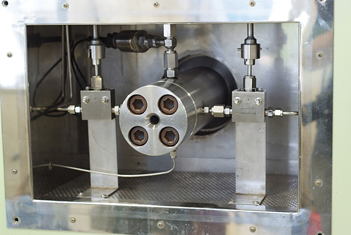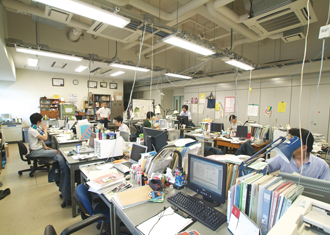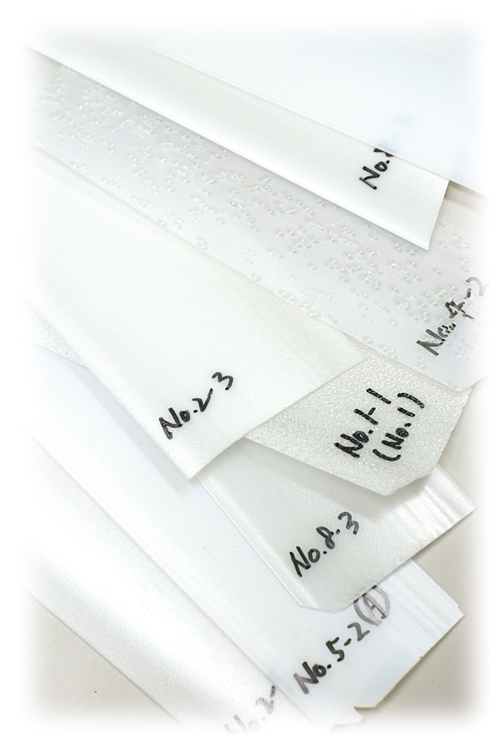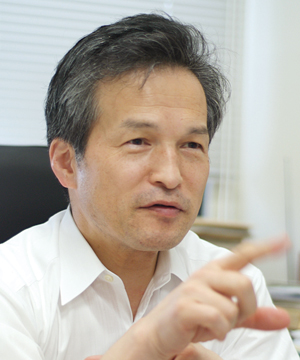Environmentally-benign Molecular Design and Synthesis
Japan's only research and education institution dedicated to the study of supercritical fluids


Supercritical state is defined as a state above critical temperature and pressure along with solid, liquid and gas. Fluids at supercritical state can vary continuously and widely their physical properties between gases and liquids by tuning temperature and pressure, which enables to provide excellent features for various applications such as high diffusivity, low viscosity, high permeability, etc.
The Research Center of Supercritical Fluid Technology is the only research organization in Japan dedicated to the study of supercritical fluids. Although every substance can be a supercritical fluid, we are particularly interested in CO2 and water, both of which are abundant resource, very thermodynamically stable and environmentally benign substances. Our work involves fundamental researches from an engineering perspective with the aim of developing useful applications for supercritical CO2 and water.
Our current focus is on developing the technology to enable engineering applications with supercritical fluids. In order to reach this goal, we have demonstrated the potential of supercritical CO2 in a variety of applications such as dry cleaning, supercritical extraction of bioactive compounds from natural plants, organic reactions and fine particle synthesis. Dry cleaning with supercritical CO2, for example, is suitable for delicate materials (such as leather) and other garments that are unsuitable for conventional cleaning (such as down jackets). Furthermore, the process is ideal for allergy patients as it does not require detergents or chemical washing agents.
Supercritical fluid technology requires the equipment which can stand high pressures and often high temperatures as well, so cost and energy efficiency are key issues. Nevertheless, the art of designing new processes through the academic discipline of chemical engineering represents an exciting challenge. In line with increasing awareness of environmental issues, we envisage a wide range of applications for this technology in the food production field. As such, our research has a high level of significance and potential to contribute to society.

Main Research Themes
- Supercritical CO2 cleaning technology (precision cleaning, filter regeneration, dry cleaning)
- Extraction/separation of natural substances
- Polymer material processing using high-pressure CO2
- Biomass cascade utilization technology
- Supercritical CO2 crystallization manufacturing

Professor at the Research Center of Supercritical Fluid Technology at the Graduate School of Engineering
Doctor of Engineering
Hiroshi Inomata
Graduated from Miyagiken Sendai Daiichi High School and completed a doctorate at Tohoku University Graduate School. "When I was at junior high school Japan was experiencing pollution problems at places like Yokkaichi. It occurred to me that pollution was caused by chemistry, yet the solution must also come from chemistry. This is what launched me on my career path." The Inomata Laboratory has three slogans: Greet everyone; Apply all five senses; and Keep asking yourself why.

